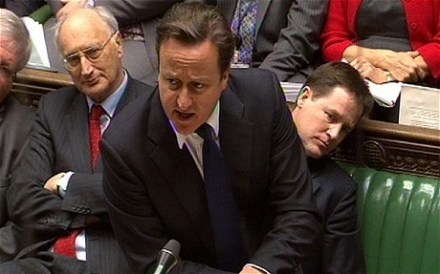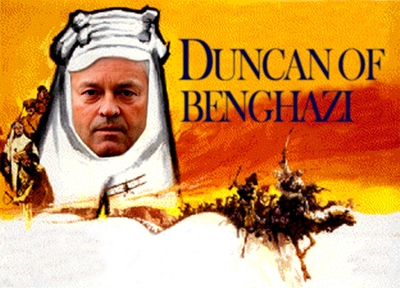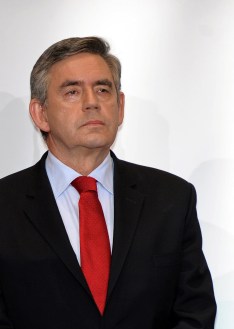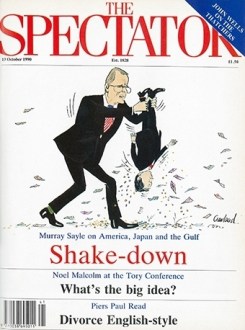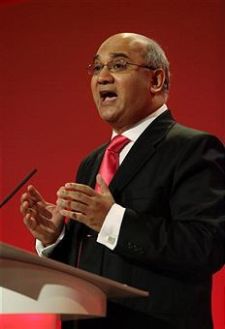Who’s right on public v private employment?
If you listened to PMQs yesterday, then you’ll have heard two very different accounts of what’s happening in the labour market right now. Had Ed Miliband been able to get anyone’s attention, they’d have heard him say: ‘over the last three months, for every job being created in the private sector, thirteen are being lost in the public sector.’ Cameron’s response: ‘Since the election, in the private sector there have been 581,000 extra jobs. In the public sector, he’s right, we have lost 336,000 jobs.’ According to the Labour leader’s figures, public sector losses are far greater than private sector growth. But according to Cameron’s, the private sector is more
